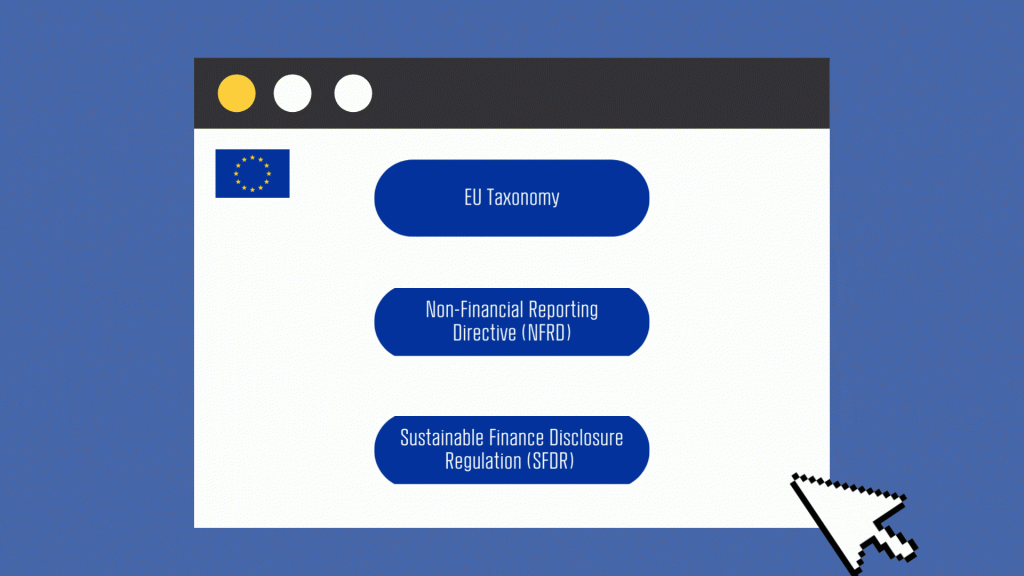Corporate scandals caused by unethical behaviour can have dramatic consequences for a company’s bottom line. The Volkswagen emission scandal created a financial damage of over 45 billion US dollars thus far. The Enron accounting scandal ended in the company’s bankruptcy back in 2001. Most recently, the #MeToo movement has brought to light sexual harassment at the Weinstein Company, Fox News and […]
posts
Connecting, Cohering, and Amplifying: The Work of Transformation Catalysts
The shocking 2021 IPCC report on the climate emergency makes clearer than ever that many human systems are in dire need of significant change. Today’s harsh growth-oriented economic systems are particularly implicated in the growing chorus of demands for purposeful system transformation towards a flourishing world for all. Significant systemic transformation is needed to bring human activities in line with both social and planetary […]
The Concept of Fragmented Labour Markets
The employment and social impacts of the Covid-19 pandemic have been larger on some groups of workers than others. In particular, low-wage workers and workers in forms of employment that differ from full-time wage and salary work with a permanent contract seem to have been especially exposed to job and income losses (see ILO-OECD Covid-19 report). […]
Like oil and water…. Shell’s climate responsibility and human rights
In a landmark verdict at the district court in the Hague on 26th May this year, Royal Dutch Shell lost a case to the Dutch branch of ‘Friends of the Earth’, Milleudefensie, and other NGOs. The court ordered Shell to reduce CO2 emissions by 45% by 2030 against a 2019 baseline. The decision breaks new ground for the […]
Corporate democratic responsibility – messy and difficult, yet urgent and without alternative
We live in politically tumultuous times. Authoritarianism is on the rise again across the world. Democratic freedoms have been in decline for 15 years in a row. The share of people living in free societies has shrunk to a meagre 14% of the world population. Meanwhile polarisation and populism, disinformation, mistrust and rising inequality have begun […]
Unaccounted Risk: The Case of Sulfur Hexafluoride (SF6) in Offshore Wind Energy
Carbon accounting provides a science-based measurement of greenhouse gas (GHG) emissions, achieving greater accountability of companies’ emissions causing global warming. GHGs are reported in CO2 equivalents (CO2e), meaning GHGs with widely different chemical qualities and environmental impact can be presented in a single understandable metric. However, the underlying methodology is debatable. This article questions whether […]
Responsible to whom and for what? Contestations of CSR across time, space, and experience
It is well known that globalization of business has thrown up a host of new governance challenges and new governance solutions. Conspicuous in this regard are the various ‘responsibility remedies’ for challenges posed in the supply chains of multinational corporations. The growth and transformation of supply chains, particularly in agricultural products and garments has reflected a […]
Remote research: A story about “being there”
It has now been more than a year since researchers have been forced to move most of their data collection online and, where this has not been possible, to cancel it completely. Doing research remotely has revealed some benefits: it is much cheaper, it is better for the environment, and it usually saves time, to name just a few. So, why should we go back to the “field” when this is all over?
SFDR, NFRD and the EU Taxonomy – What is Their Relationship?
The new Sustainable Finance Disclosure Regulation (SFDR) is on the minds of many investors these days. While a lot has been written on SFDR itself, I discuss how it relates to the Non-Financial Reporting Directive (NFRD) and the EU Taxonomy on sustainable economic activities. Taken together, these regulations can be overwhelming and maybe even confusing. While this is not the right […]
How Organizations Avoid to Hire Highly-Skilled Migrants
Labor integration of migrants is a topic frequently on the public and political agendas, as it is increasingly seen as the first step to successful societal integration. Often the light is turned on the migrants and what they need to change and improve to get a job. They are expected to make themselves employable by […]








